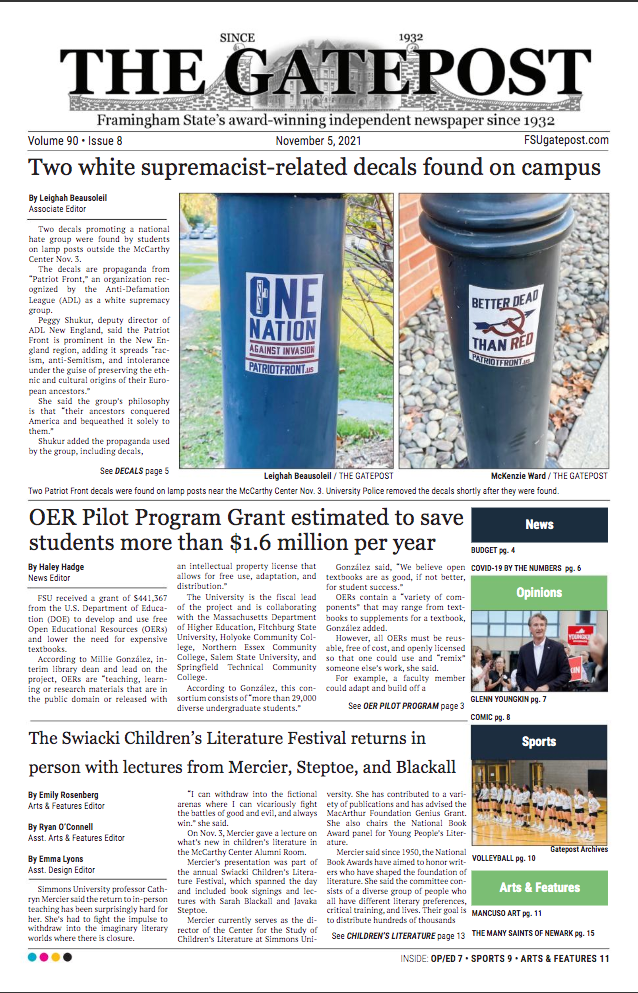ETK - Experiences to come: Beginning the student journalism experience
- Leighah Beausoleil
- Sep 30, 2021
- 3 min read
Updated: Nov 21, 2021
Nothing is more valuable in journalism than experience.
Get experiences wherever you can, whether that means working at your school’s paper, a local paper, a job that relates to some form of journalist writing, taking a journalism course, or even starting your own blog - anything that can provide you with the skills necessary to perform the job, especially if you can get some clips out of it.
Excluding the work I did in high school, I have accumulated 74 clips that I get to choose from when applying for jobs post-college. And I am only halfway through my education. That number also doesn’t include the countless photos taken and design projects I’ve completed.
However, at some point the only proof I had of working in journalism was the fairly awkward video journalism projects I did in high school and some articles that, if read today, would make me want to disappear off the face of Earth.
We all start somewhere.
When I first decided to study journalism, I had no idea which college to choose. I had already started applying to colleges to study dentistry when I realized I wanted to be a journalist.
My guidance counselor handed me a list of schools that offer journalism and the way I chose the colleges I applied for was not carefully thought out - at all. In the end, I practically chose my colleges at random without a clue of what their journalism programs were like or if they even had a student newspaper.
When it came time to choose a college, I went with my cheapest option and ended up at Framingham State University. I hadn’t even known what the campus looked like when I put in my deposit. I was simply hoping for the best based on a co-worker’s recommendation who was attending the school and had said they heard the journalism program was good.
So, when I arrived late to the English major meeting on Accepted Students Day - deposit already submitted - I raised my hand and asked if someone could tell me more about the University’s journalism program. Lo and behold - it was a good one.
Though small, with only two journalism professors and only four required courses, this program has equipped me with everything I could possibly need for a career in journalism. Not to mention, the award-winning student newspaper I get to write for.
Though looking back, I feel accomplished in how much I have been able to learn in such a short time, that doesn’t mean it was easy. Learning how to be a journalist means learning a whole new skills set. It means forgetting everything you’ve been taught in your English courses and following this new way of writing.
I’ve had my fair share of confusion, mistakes, and difficulties, but I have overcome them and learned from them and I will be able to share some of those experiences in future blogs so you can learn from them, too.
The best advice I can give to those first starting is: shadow, co-write, and write yourself. For every single type of article, you should follow these three steps. I don’t necessarily mean one time shadow, one time co-write, and then you’re ready to write an article. But take your time in each of those steps until you are comfortable to move onto the next.
That’s how I started out. I spent my first few Gatepost weeks simply watching the student government meetings and taking notes until I was ready to co-write one. And trust me: in the co-writing process, I still had no clue what I was doing.
These skills will take time to perfect and I hope my blogs will be able to help you feel better about your progress and refine those skills.
A lot of journalism training can be about refining those technical skills, but it's also about gaining confidence. The more experience you gain, the more your confidence grows and the more you will feel comfortable doing what you love.




Comments